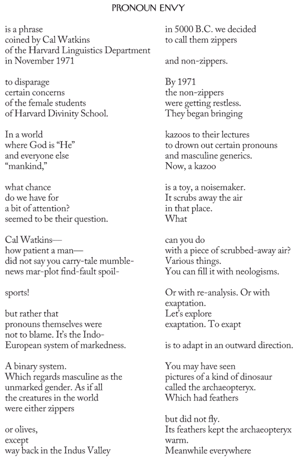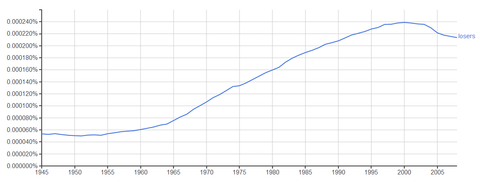Torrential language politics in the forecast for Quebec
In Canada, an early election can be called by the leader of the ruling party, and naturally, this power is often wielded for strategic purposes. And so, Quebec premier Pauline Marois, elected to office a mere eighteen months ago, has called for a general election to be held on April 7. Marois leads the Parti Quebecois, which took power in September 2012 with a minority government, and is now gunning for a majority. This would allow the PQ to pass several controversial pieces of legislation that have met resistance by the opposition parties. One of these is Bill 14, which proposes additional restrictions on English-language education and the use of English in the workplace. Language politics are sure to be in the foreground during the election campaign, and if the PQ is re-elected with a majority, for the foreseeable future.
Read the rest of this entry »





